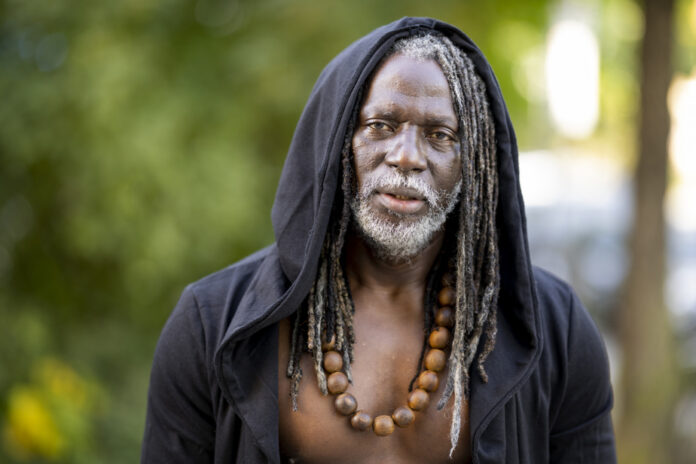I stay the course because I know that it is a noble fight, which deserves to be fought. When you’re on a mission for a cause, you can never be sure of the results you’ll get. The fallout from Martin Luther King’s fight against segregation came after his death. So no, I’m not getting exhausted: I’m continuing this fight for justice and equality.
I started my career in France in 1998, so it was important to open my message to the French. Now I want to open up to English, there are three songs in English on my latest record. To make the fight I am waging understood, I must be heard.
Just in my country, in Ivory Coast, there are 62 ethnic groups. So that I can make myself understood by everyone, I have to sing in French. It is the colonial language, but it has a positive side: it is a common language. It also allows Quebecers to have access to my message.
I am what people think I am when they listen to my songs. I’m on a mission for reggae, to continue the fight that Bob Marley started. I’m sure he would continue if he were still alive: he talked about African unity and Africa is not united, he talked about racism, injustice, inequality and all that is not over .
I happened to go to Congo for a concert, and the authorities detained me at the airport and immediately put me back on the plane. From 2007 to 2010, I could not go to Senegal, because I had said in concert that the president, Abdoulaye Wade, wanted his son to succeed him, but did not want him to be attacked. I said that when you don’t want your son to suffer [political] attacks, you leave him in his cradle at home… You have to call a spade a spade and I think that’s my particularity: a lot of Reggae artists use parables, I say things directly.
I still live in Mali, but I often go to Ivory Coast. I have a radio there that plays reggae, the only library in Africa dedicated to reggae, two rehearsal rooms and a studio where I recorded my last two albums. I am not the artist who can easily have sponsors in Ivory Coast, nor am I the one who will be decorated by the authorities, but I can go there. Reggae is a free music, a counter-power which must never align itself with the authorities.
There is a sort of trend in Africa where, when you are considered an opponent of the regime, you get 20 years [in prison]… I made the song to denounce that and I wanted it to become popular for that the judges who are in the pay of power say to themselves: “Shit! They understood our game! »
If we choose to say things, we must not exclude any punishment. The most important thing is that I don’t go to prison because I raped, killed or schemed. If I go to prison for 20 years for my freedom of speech, I don’t think my sleep will be disturbed. I don’t want that, obviously.
Originally from the Ivory Coast, Tiken Jah Fakoly has been making politically engaged reggae for 25 years.
He went into exile in Mali in the early 2000s, threatened for criticizing the success of the Kabila regime. Today he lives between Mali and Quebec, where he has two children.
He has released a dozen albums since 1999.















